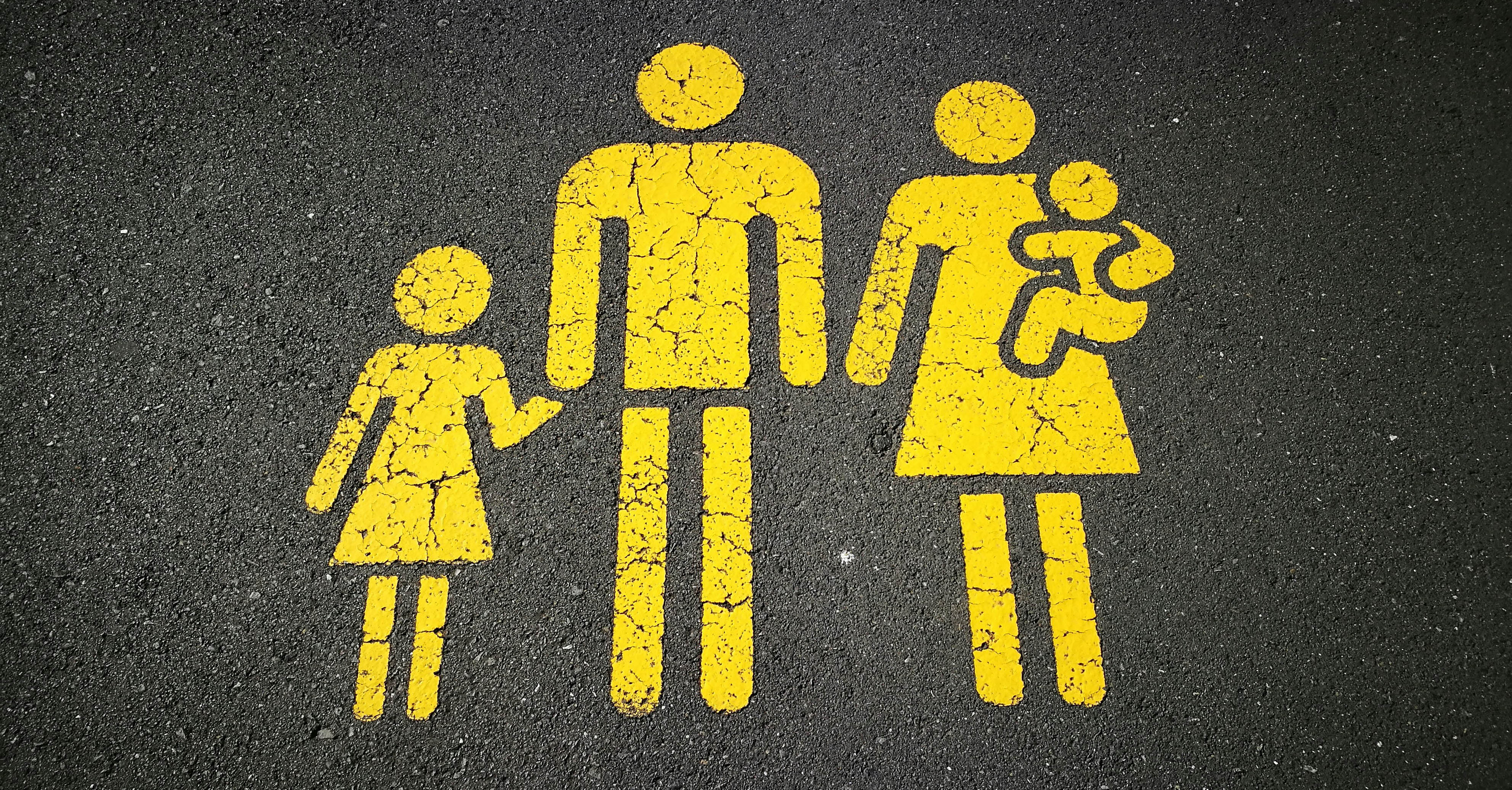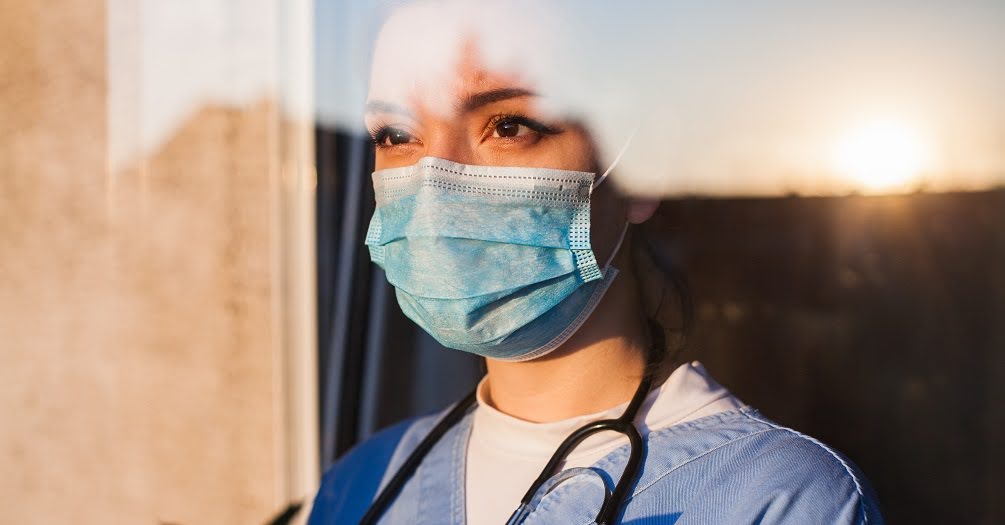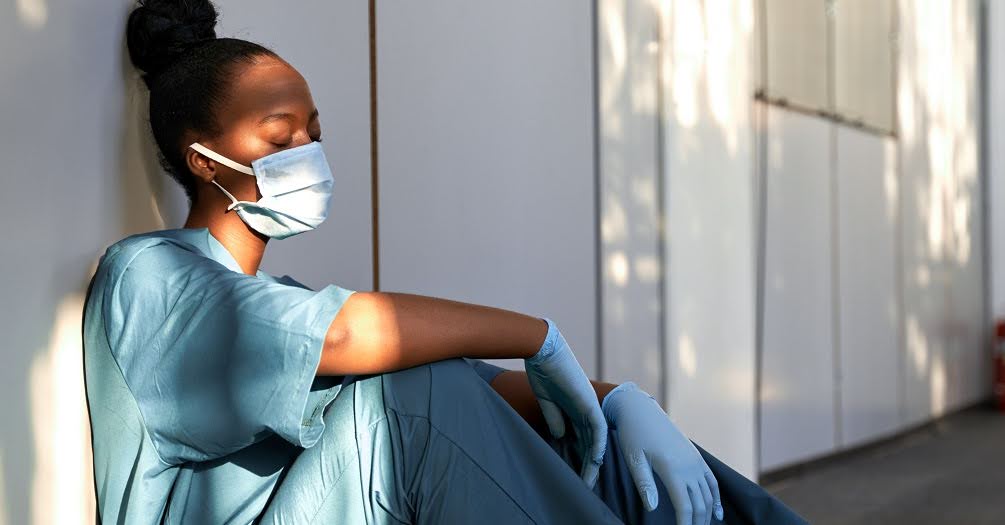
Pediatric Medical Home model: Enhancing support for families through community collaboration
By Annie Clark
Explore how the Pediatric Medical Home model can pave the way for effective community collaboration and improved family access to care.
We're still accepting applications for Fall 2026!
Apply Today
Explore how the Pediatric Medical Home model can pave the way for effective community collaboration and improved family access to care.

Amid questions of who will become the next generation of leaders to sustain Community Health Centers (CHCs) across the country, Gen Z rises as the hopeful answer to steward the mission of community health into the future.

Community Health Centers (CHCs) are crucial healthcare pillars, but many are facing staffing crises as a result of healthcare worker burnout. Learn about the causes of these staffing shortages, impacts on patient care, and proposed solutions.

“I stepped into the all-familiar Michigan Medicine hospital. This time, however, my perspective was more than a little bit different. I had wandered these halls just weeks prior—not as a patient, but as a medical student. Now, I entered as an expectant mother.”

This year’s 35th annual Annual Health Equity Conference led by student organization Public Health Student of African Descent (PHSAD) goes beyond the conceptual conversation of health equity and explores tangible, recognizable solutions through the lens of “Equity in Motion.”

India’s coronavirus problem is everyone’s problem. When a virus ravages one country this badly, it will affect others—and well beyond the spread of a disease. We must and will act on the responsibilities we have as a global community because disease is disease, love is love, and both are highly infectious.